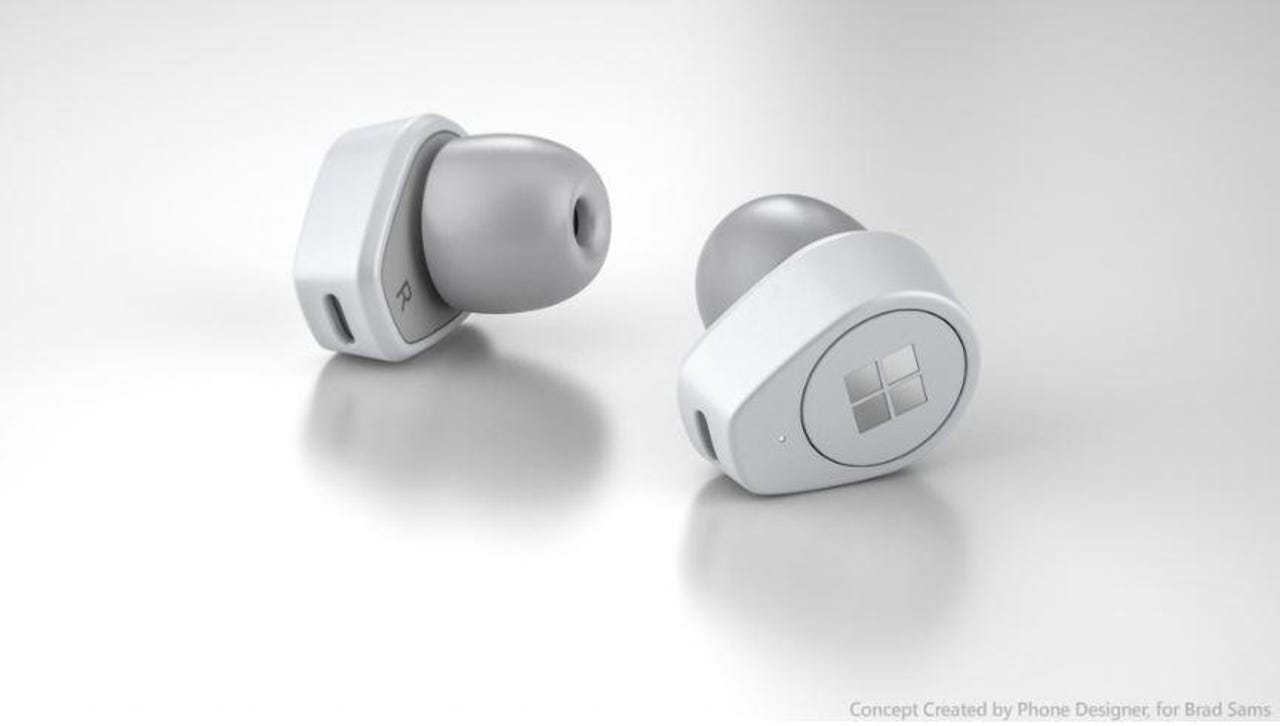Microsoft to release its own wireless earbuds: Report


See als
After delivering noise-cancelling Surface-branded headphones last year, Microsoft may be working on more audio devices. According to a new report on Thurrott.com on April 15, Microsoft is readying its own wireless earbuds, which potentially could be branded as "Surface Buds."
In 2017, Microsoft applied for a patent for smart earbuds, which the US Patent Office published last summer. As explained by PatentlyApple.com, Microsoft's patent was for an audio accessory with a speech interface that would provide hands-free, eye-free wearable capabilities. I think the voice input component (more than the audio device itself) is what Microsoft is focusing on here.
The Surface earbuds may be codenamed "Morrison," as Thurrott's Brad Sams notes. (The Surface Hadphones were codenamed "Joplin," in keeping with the musical codename theme.) They may work with Cortana, as do the Surface Headphones. According to Sams, a 2019 release "does seem plausible, but is not guaranteed."
Must-see offers
I had heard last year that Microsoft also had been working on a conferencing headset that would be similar to the Jabra Evolve -- which, to me, fits in with the company's business-first focus. The Surface Headphones were designed for creators; the Surface Buds may work with Xboxes, phones and TVs.
Several years ago, as part of its "Envisioning" series on futuristic technologies, Microsoft showed off a voice-powered wireless earbud device in one of its videos. While not everything in those videos has turned into commercial products, many of the technologies demonstrated in its use-case concepts have gone on to become Microsoft products.